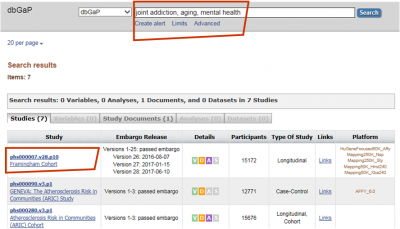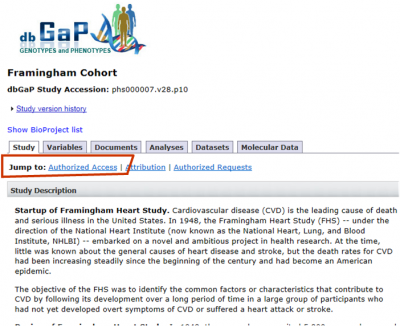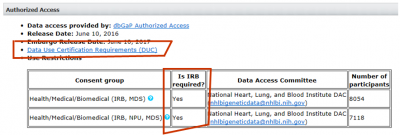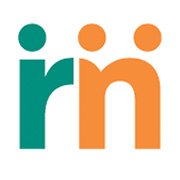IBC Website
IBC Contacts
Question: I am a PI at UCH, but have some research that is conducted at UConn (Storrs and/or regionals). Does my UCH IBC registration cover my research at UConn?
Answer: No. UConn and UCH have separate IBCs, with different requirements. Therefore IBC registration processes are different between the two campuses. If research is being conducted at UConn by a UCH PI, please contact ibc@uconn.edu, for additional information and assistance in completing the appropriate registration forms. If you are a UConn PI, contact rwallace@uchc.edu .
Question: I have samples coming from UCH, and my personnel are conducting the analysis at UConn. Which IBC do I need to contact to complete a registration?
Answer: If the samples are being analyzed at UConn, an IBC registration will need to be completed through the UConn IBC. If there are any analyses being conducted at UCH, the UCH IBC should be contacted to determine if an IBC registration is necessary.
Question: I am a PI at UCH, but I teach a course at UConn which includes lab teaching activities that involve biological materials. Do I need an IBC registration with the UConn IBC or UCH IBC?
Answer: A UConn IBC registration is required for these activities. At UConn, all experimental or teaching activities involving biological materials must be registered with the UConn IBC. It should be noted that biological materials includes but is not limited to: recombinant or synthetic nucleic acid molecules (rsNA), bacteria and their phages and plasmids, viruses, biological toxins, fungi, mycoplasmas, prions, and parasites; human and non-human primate tissues, body fluids, blood, blood byproducts, and cell lines, transgenic and wild type animals and plants, animal remains and insects that may harbor zoonotic pathogens. Teaching activities being conducted at UCH may require an IBC registration. The UCH IBC should be contacted to determine if an IBC registration with them is necessary.
Question: I have already taken Biosafety and Bloodborne Pathogens Training at UCH. Do I have to take these trainings at UConn as well?
Answer: Yes, if you are working at UConn and also at UCH, applicable EHS trainings must be completed for each. Though Biosafety and Bloodborne Pathogens Training is similar between the two, they incorporate site specific information that is distinct to each. Therefore, applicable trainings do not count for both.
Question: I am a researcher using human embryonic stem cells (hESC) and/or human induced pluripotent stem cells (hiPSC). Do I need to register both with the Stem Cell Research Oversight committee (SCRO) and the IBC?
Answer: It depends. For work at UConn, you need to register with both the SCRO and IBC. At UCH for hESC, you need to register with the SCRO but not the IBC if your experiment is exempt under the NIH Guidelines. If you will be using animals or viral vectors with the cells it is definitely not exempt and you will need to register with the respective (UConn or UCH) IBC. For other experiments with rsNA, it’s always a good idea to consult with the respective IBC. As with any human cells, you need to work at BSL-2 containment and have fulfilled Bloodborne Pathogen (BBP) training and HBV immunization requirements (documented titer or declination). For hiPSC it’s the same as hESC except for certain uses no SCRO is required. Also, if the cells were reprogrammed with a HIV-based lentiviral vector that was not removed, the cell line will have remaining HIV sequences from the vector which are Risk Group 3 (RG-3) sequences. There is no exemption for working with (even just culturing) cells containing RG-3 rsNA sequences. hiPSC reprogrammed with Sendai vectors or plasmid vectors eventually contain no rsNA and are technically not recombinant, though they remain human and fall under the BBP rules. hiPSC reprogrammed with retroviral vectors have residual viral sequences (not RG-3). They are recombinant and fall under the exemption for culturing, but certain other experiments, such as transfer into animals require an IBC registration.

 The Responsible Conduct of Research (RCR) Office, part of Research Integrity & Compliance, is dedicated to fostering a culture of ethical and responsible research at UConn and UConn Health. Our mission is to educate and engage the research community in ongoing dialogue about the principles and practices that underpin ethical research conduct. We are committed to promoting integrity across all areas of research, including conflict of interest, mentor–mentee relationships, research safety, collaborative research, peer review, data acquisition and analysis, data security and confidentiality, and responsible authorship and publication. To support this mission—and to meet federal requirements—the RCR Office aims to equip researchers with the knowledge and tools needed to uphold the highest ethical standards. Projects funded by the
The Responsible Conduct of Research (RCR) Office, part of Research Integrity & Compliance, is dedicated to fostering a culture of ethical and responsible research at UConn and UConn Health. Our mission is to educate and engage the research community in ongoing dialogue about the principles and practices that underpin ethical research conduct. We are committed to promoting integrity across all areas of research, including conflict of interest, mentor–mentee relationships, research safety, collaborative research, peer review, data acquisition and analysis, data security and confidentiality, and responsible authorship and publication. To support this mission—and to meet federal requirements—the RCR Office aims to equip researchers with the knowledge and tools needed to uphold the highest ethical standards. Projects funded by the 


 ResearchMatch.org
ResearchMatch.org